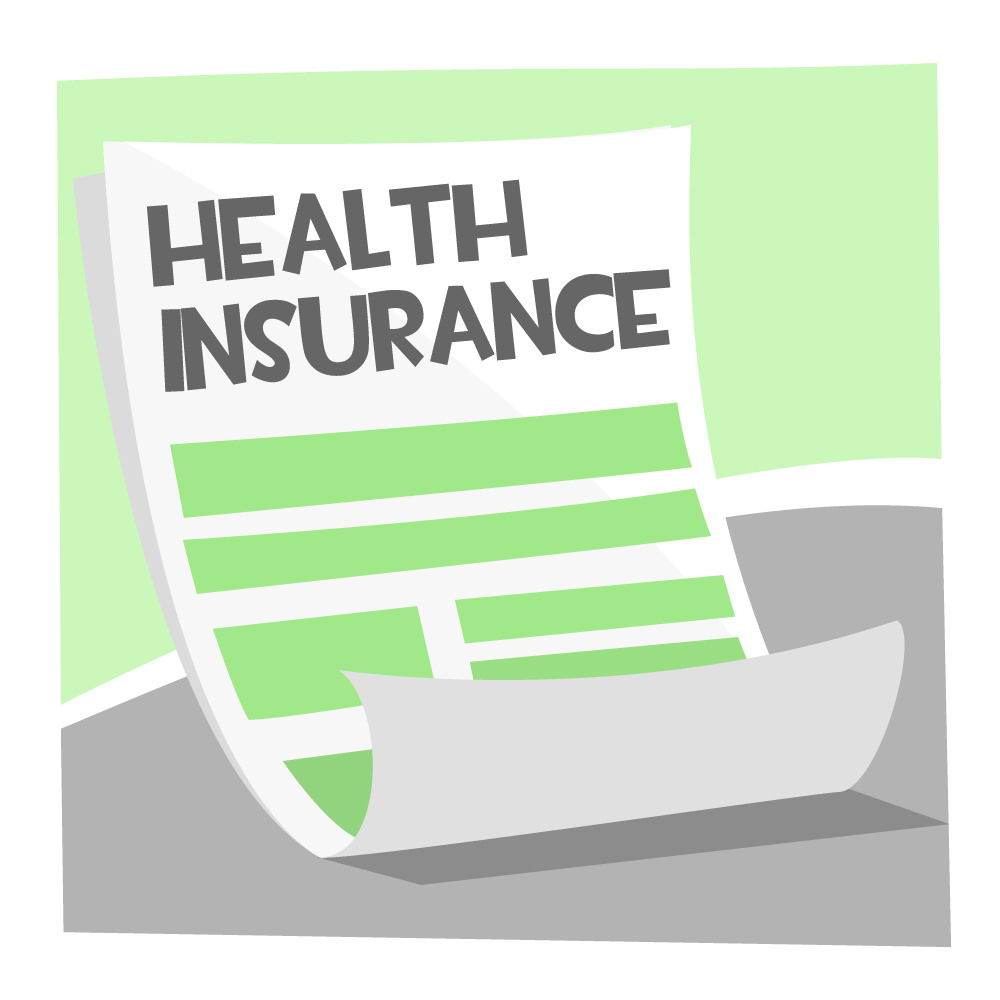Costly Health Insurance Mistakes You Could Be Making Right Now
In a study conducted by Carnegie Mellon University researchers, it was found that majority of Americans have little understanding of their health benefits. The researchers found that among people with work-based health insurance, only 14% were able to correctly define the 4 basic health insurance terms: premiums, deductibles, co-insurance, and co-payment.

A poor understanding of these basic insurance terms as well as the rules of your health plan before you buy an affordable health insurance plan can lead to very costly mistakes. Here’s a look at common mistakes you could be guilty of, right now:
1. Paying your medical bills too soon.
If you’ve seen a doctor, you can expect medical bills to arrive in the mail, as well as a letter from your insurance provider containing the explanation of benefits or EOB. It will show you what portion of your medical bill your insurance company paid. Don’t pay anything until after you have reviewed your EOB. Chances are, you might see an error and you need to contact the hospital or clinic’s billing department to have it fixed.
2. Choosing a plan based solely on premiums.
Remember that your premium is not the only expense you’ll need to pay. When you require medical care, you could end up paying thousands of dollars before your policy kicks in. Most health plans today would require you to first meet a deductible and there are also other costs (out-of-pocket expenses) that you will have to pay for as well including co-pays and co-insurance.
Depending on your health care needs, you may be better off purchasing a plan with high premiums but covers a large chunk of out-of-pocket costs. So determine how many hospital visits and medication you’ll need in the course of a year, compute the costs and then match it up to an insurance plan.
3. Failing to check your plan’s drug formulary.
You should make sure that any medications you’re currently taking (or will soon be taking) are on your health plan’s drug formulary. You may have to call the insurance company to confirm, as many lists aren’t complete. Some insurers require you to go through many steps before they will pay for your prescriptions. You may have to obtain a pre-authorization or they may even encourage you to get a less expensive medication instead of a name-brand drug prescribed by your doctor.
4. Failing to check if your doctor is in your plan’s network.
Seeing a doctor who is not part of your health plan’s network can be an expensive proposition. It’s also hard to find a doctor who participates with your plan because most insurance companies nowadays limit the number of medical providers they cover. There are even cases in which doctors and hospitals are on different “levels” so even if your doctor is part of the network, the rates may still be different.
To avoid nasty surprises on your medical bills, make sure to check the network status of your doctor before you see them for a consultation. You should contact both the doctor and your insurance provider to confirm that the doctor is in fact, in network.
5. Not knowing the difference between intervention and prevention.
The health law requires new insurance policies to cover the full cost of preventive services like vaccinations, cancer screenings, and annual check-ups without co-payments.
However, the small details can be confusing. Many people don’t realize is that while the preventive tests and screenings will not cost them anything, if their doctor discovers something and will require more lab tests, these tests are already diagnostic in nature which means you will have to pay for them.
Avoid making these mistakes so you don’t have to deal with expensive medical bills!









